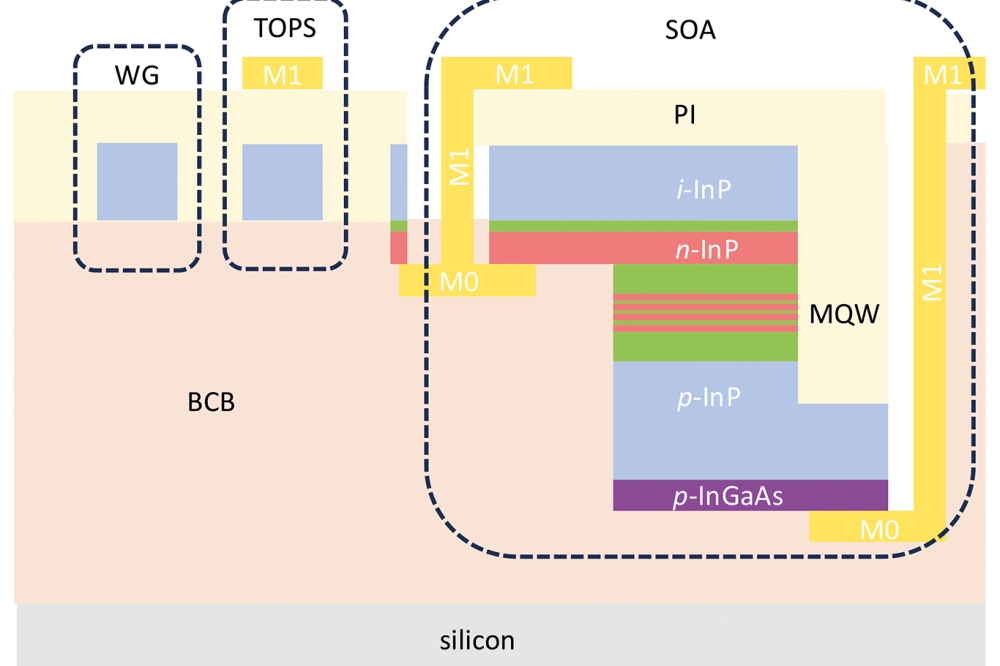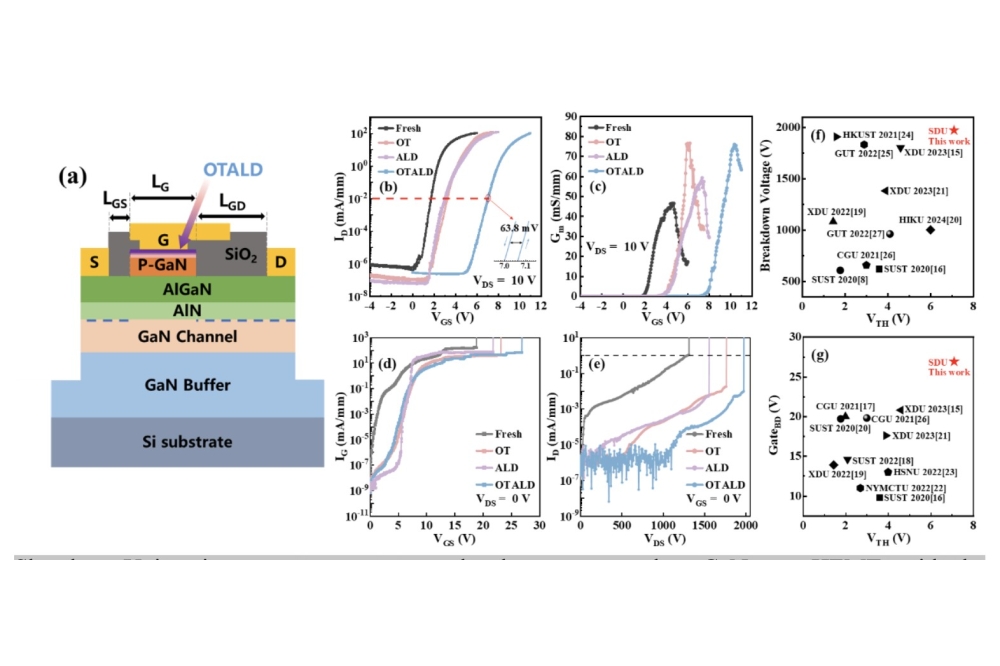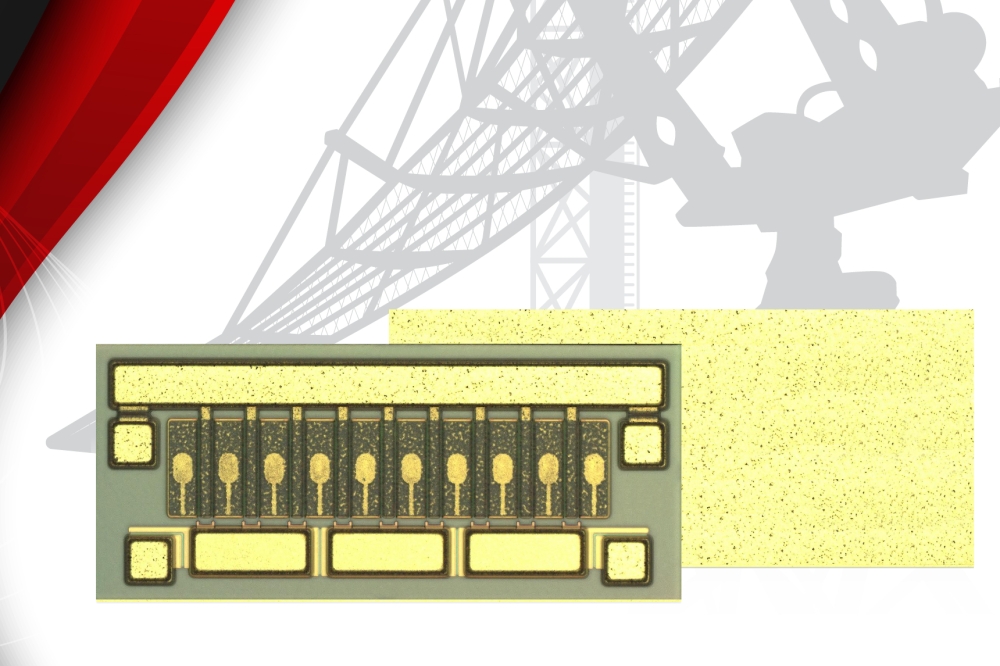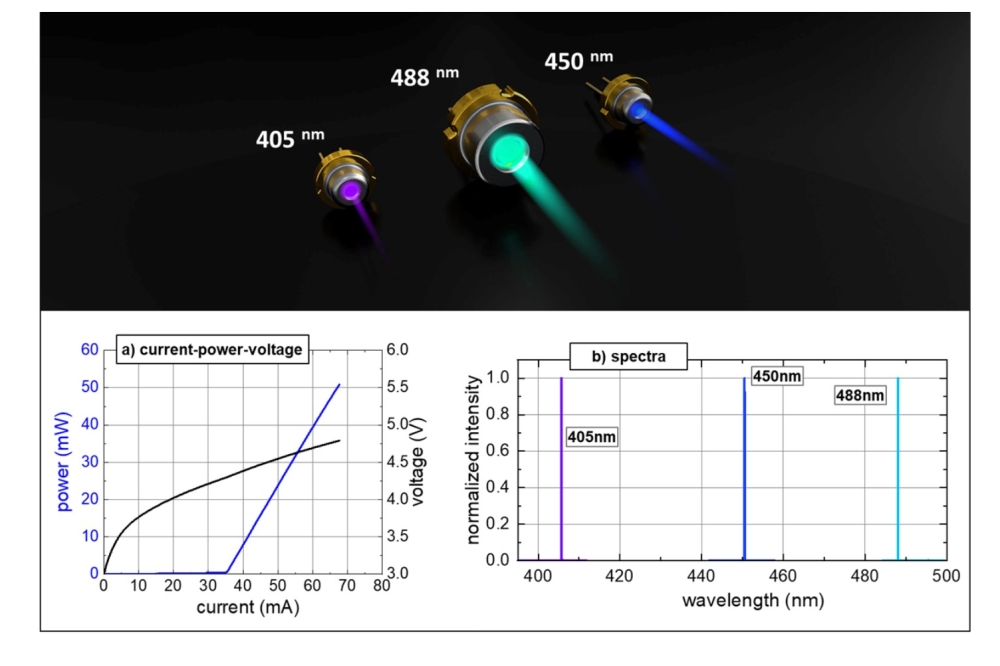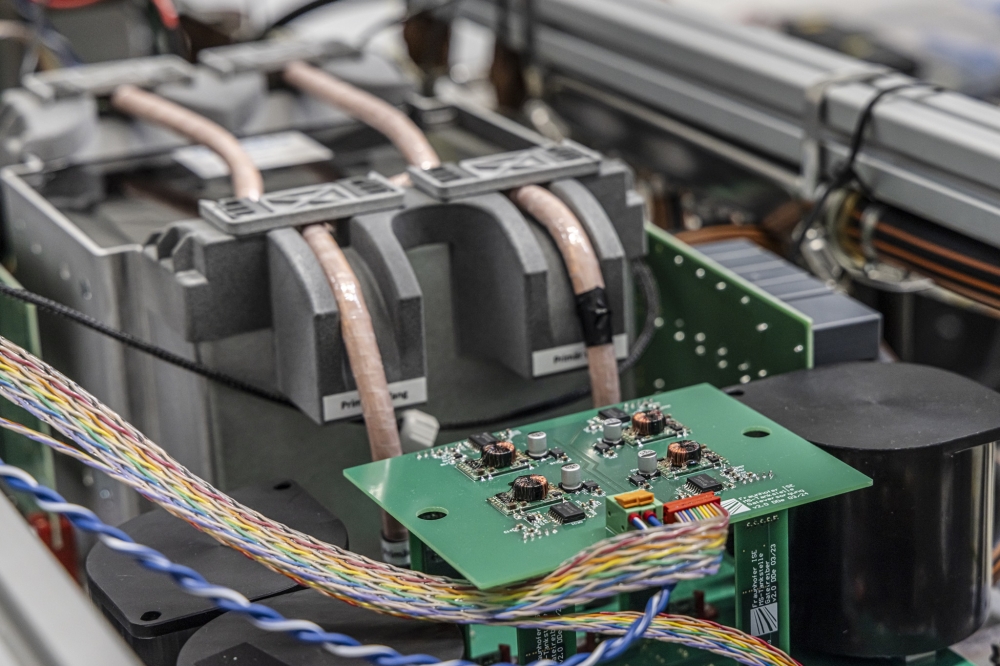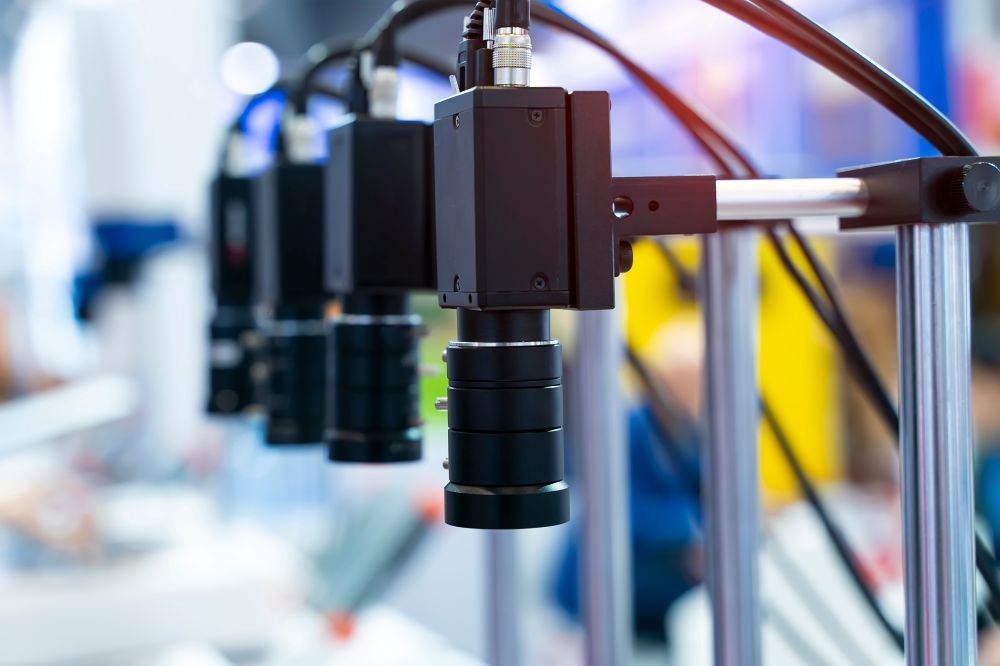Scientists make solid-state thermal transistor

Japanese team say solid-state electrochemical thermal transistors have the potential to be just as effective as liquid-state devices
A research team at Hokkaido University, Japan, led by Hiromichi Ohta at the Research Institute for Electronic science has developed the first solid-state electrochemical thermal transistor using ZrO2 and perovskite-structured SrCoO3
Their invention, described in the journal Advanced Functional Materials, is said to be much more stable and just as effective as current liquid-state thermal transistors.
Electrochemical thermal transistors control heat flow with electrical signals. They have potential for managing waste heat from electronic systems. Currently, liquid-state thermal transistors are in use, but have critical limitations: chiefly, any leakage causes the device to stop working.
“A thermal transistor consists broadly of two materials, the active material and the switching material,” explains Ohta. “The active material has changeable thermal conductivity, and the switching material is used to control the thermal conductivity of the active material.”
The team constructed their thermal transistor on an yttrium oxide-stabilised ZrO2 base, which also functioned as the switching material, and used perovskite-structured SrCoO3 as the active material. Platinum electrodes were used to supply the power required to control the transistor.
The thermal conductivity of the active material in the 'on' state was comparable to some liquid-state thermal transistors. In general, thermal conductivity of the active material was four times higher in the 'on'state compared to the 'off' state. Further, the transistor was stable over 10 use cycles, better than some current liquid-state thermal transistors. This behaviour was tested across more than 20 separately fabricated thermal transistors, ensuring the results were reproducible. The only drawback was the operating temperature of around 300°C.
“Our findings show that solid-state electrochemical thermal transistors have the potential to be just as effective as liquid-state electrochemical thermal transistors, with none of their limitations,” concludes Ohta. “The main hurdle to developing practical thermal transistors is the high resistance of the switching material, and hence a high operating temperature. This will be the focus of our future research.”

























